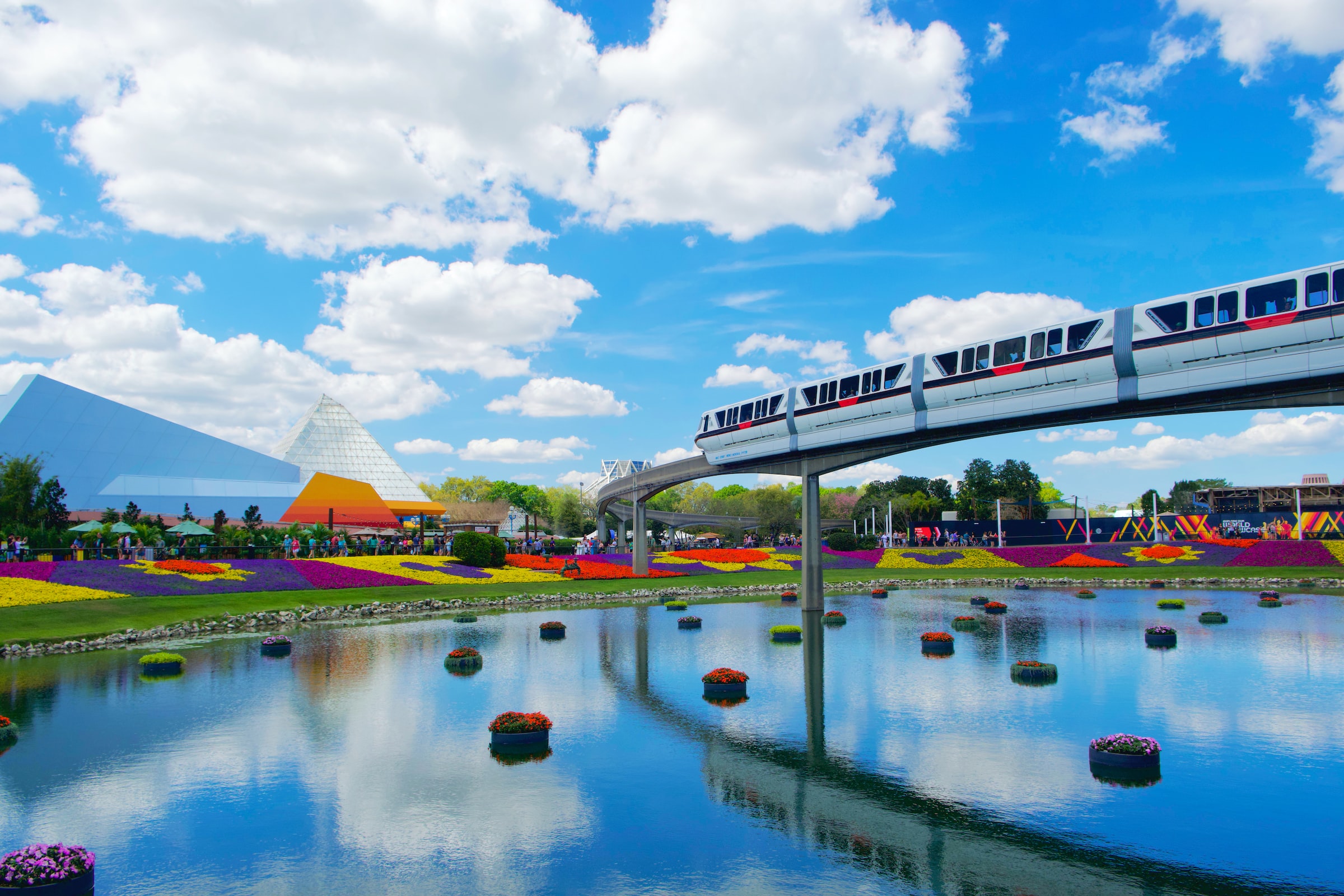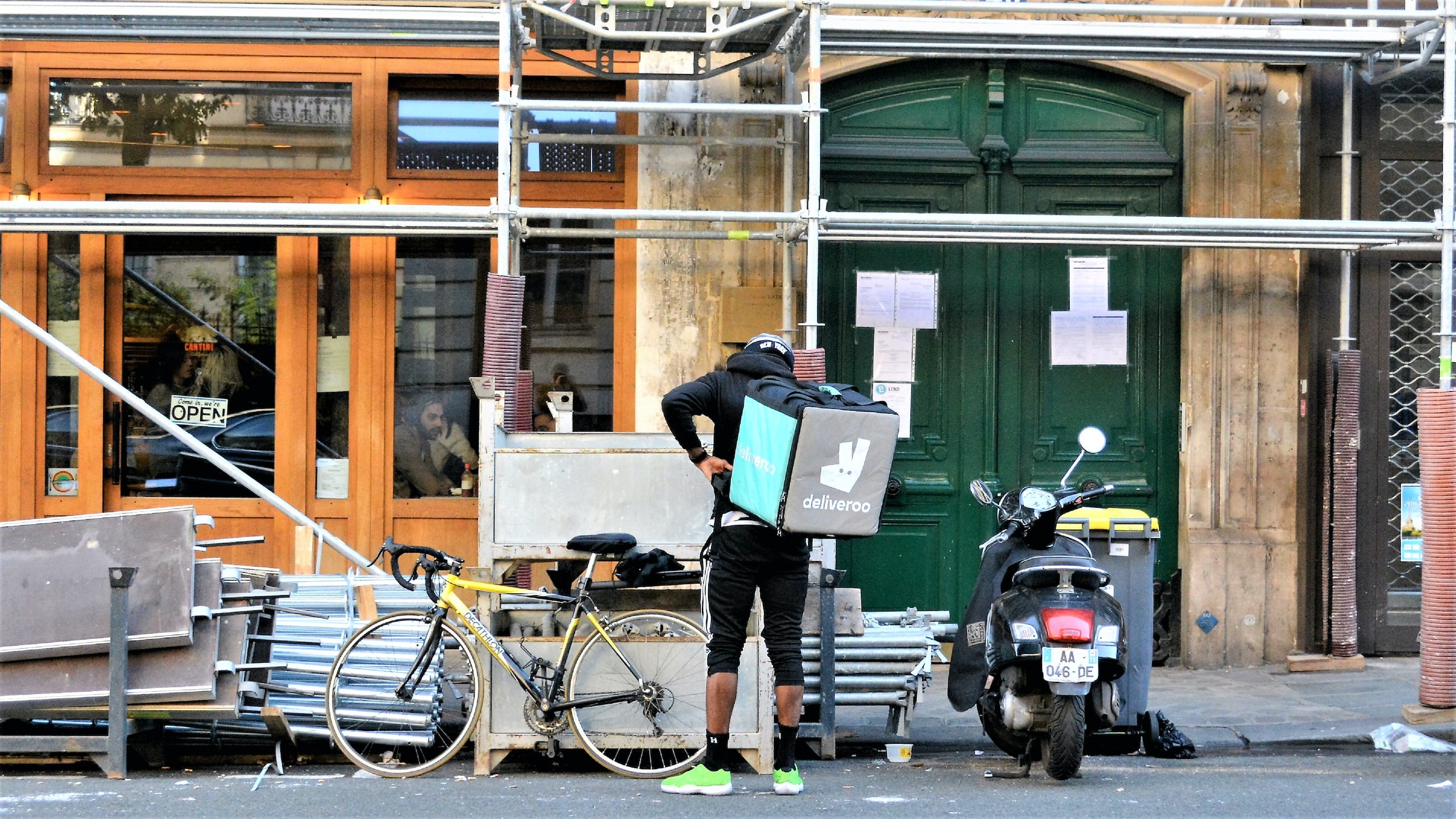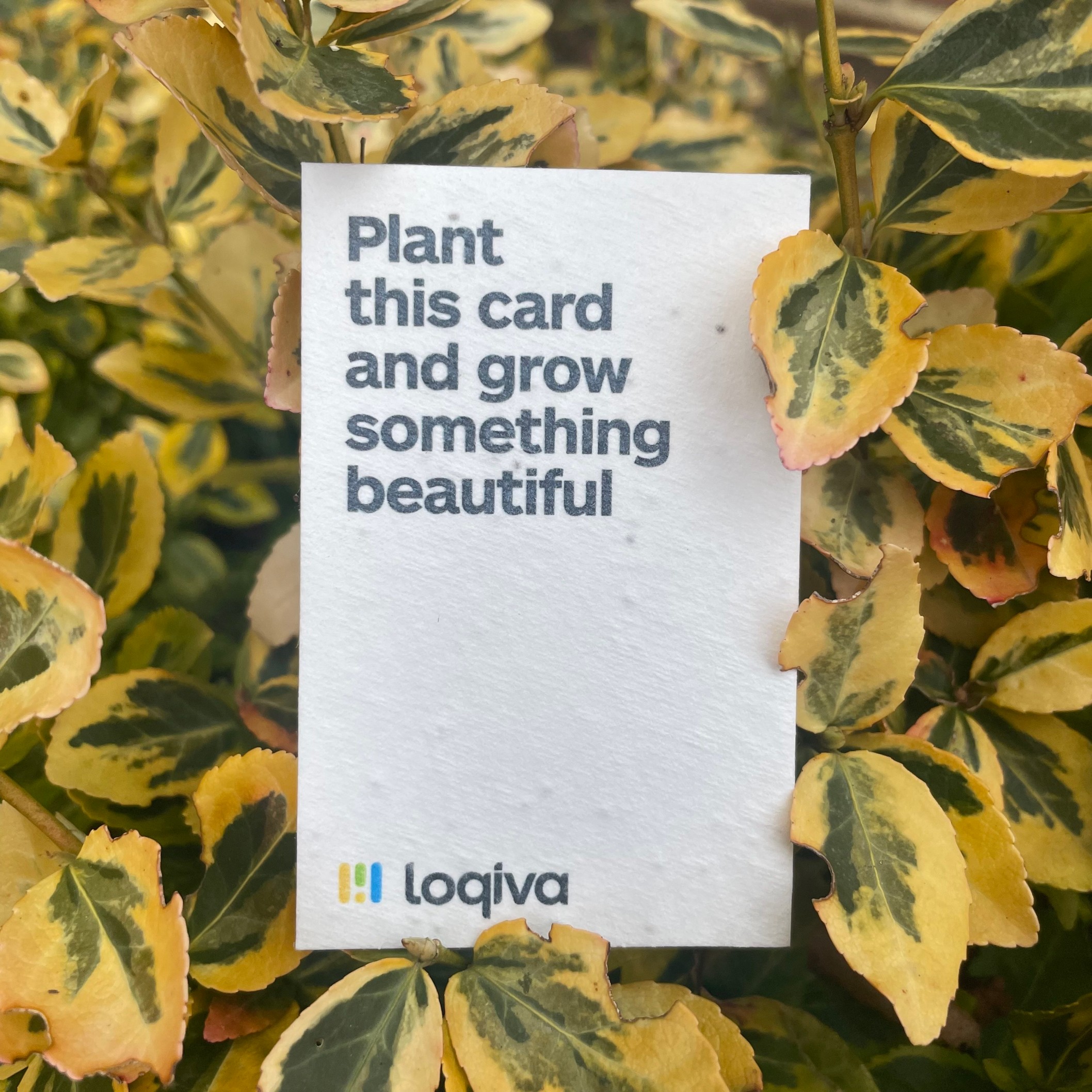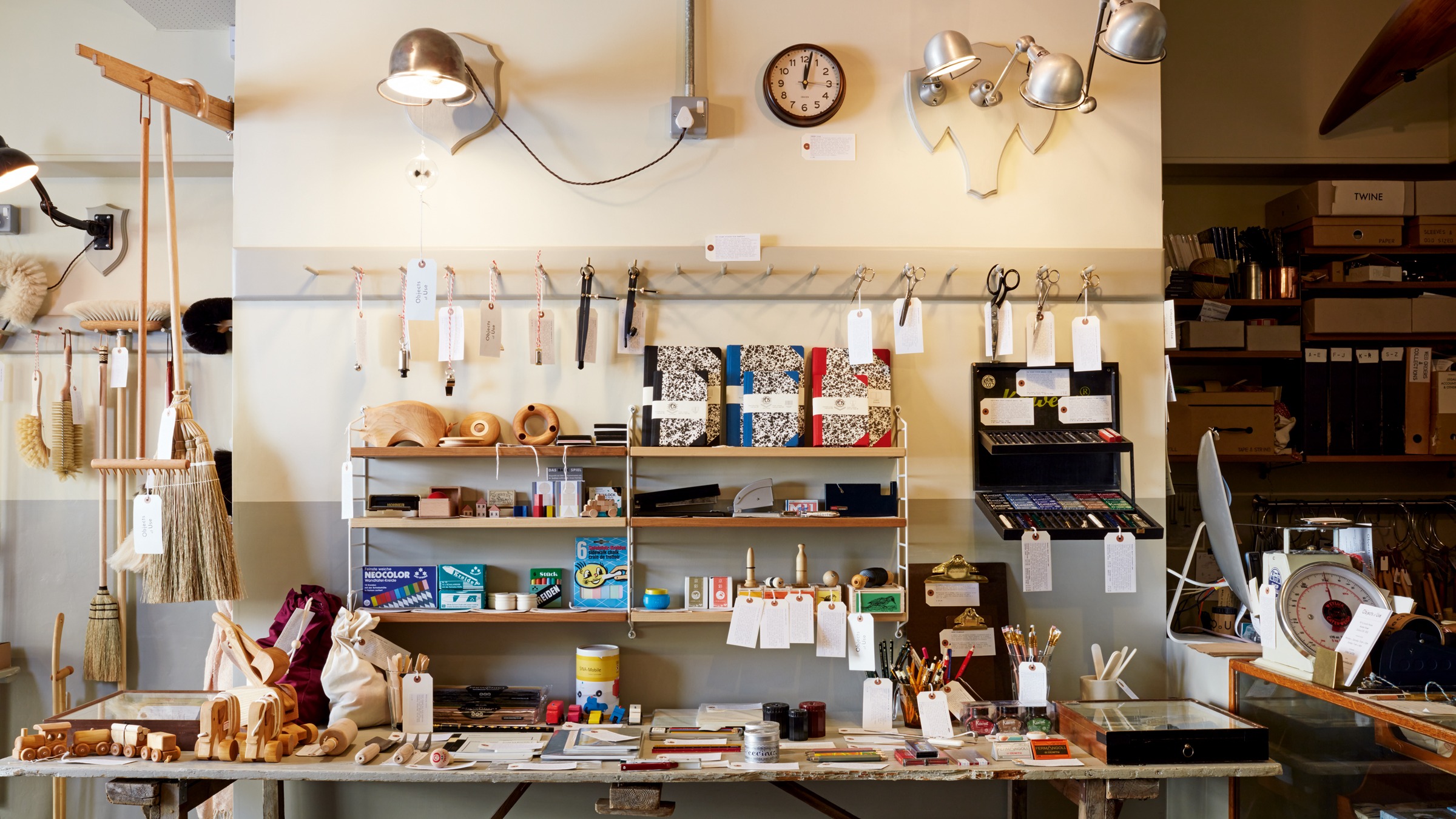Tomorrow Never Knows (1966) is the final song from the Beatles’ seventh studio album, Revolver. The album and song in particular, have often been lauded as ushering in a new genre of psychedelic pop whilst rejecting the contemporary Western canon of rock, through its incorporation of Eastern instrumentation and alternative production techniques.
Coincidentally, in the same year, Walt Disney announced his intention to build the Experimental Prototype Community of Tomorrow or EPCOT as it is known as today. However, unlike its present day manifestation as a theme park, EPCOT was originally intended to be a “living blueprint for the future,” a new city based on pioneering ideas and an illustration of the dissatisfaction with the state of American cities in the 60s. The ideas behind EPCOT were similar to the visions of urban planners today: cars were to have no to little part to play in EPCOT and the pedestrian would be king. Sound familiar? Walt Disney died later that year and his visions for EPCOT were, unfortunately, diluted by his older brother Roy into the modern day iteration of EPCOT we have today; a theme park at the Walt Disney World Resort in Florida.

Returning to our own local areas, then. What do we imagine them to be like in the future? Or perhaps the question we first must ask ourselves is whether we’re content with our local communities today. Overwhelmingly, there’s a lot to be proud about: from the rise in community led initiatives to the countless examples of strong independent business across the country.
Take Eye Room, for example, the only independent optician in Leeds’ city centre priding itself in “contemporary designs from UK, Scandinavia and beyond, with the aim to offer high quality and individuality at realistic prices.” Or, Objects of Use (below) in Oxford, a modern-day hardware store home to a unique selection of everyday household tools, conscientiously sourced from around the globe. The entrepreneurial spirit illustrated by our independent businesses is something to be proud of and, crucially, something to be protected.
Despite this, multinational corporations are still able to exert their financial might; to the detriment of our high-streets and local areas. Take the growing trend of Dark Kitchens, kitchens set up by food delivery services often in conjunction with large hospitality chains. Set in unassuming industrial spaces across the UK, they cater towards the nation’s growing appetite for fast, cheap food direct to your door. These kitchens usually require less overheads than your typical high-street restaurant and come under a lot less public scrutiny, located as they are in the middle of nowhere. This lower cost base allows companies like Deliveroo and Just Eat to offer discounted meals, a privilege that your local restaurant simply cannot afford.

But despite Rishi Sunak calling Deliveroo a “true British tech success story”, the company is still yet to make a profit. With a loss-leader business model, aimed at acquiring as many customers as quickly as possible, and a fleet of dark kitchens, it is easy to see why these food delivery firms are such a threat to our local cafes and restaurants. The money that goes on transaction costs (sometimes in excess of 35%) leaks out of our local areas. Money that would have gone straight to local business and been spent within the local economy.
If our towns are to thrive going forward, then local businesses need to be able to bypass big technology and connect directly with their customers. Be it the local pizza shop sending a notification straight to a consumer without the use of a delivery app. Or, a retailer advertising a new item without relinquishing their data to Silicon Valley and paying a premium for the privilege.
What if your town could have its own digital platform which put local people in control? A platform that promotes your town’s brand. In turn, growing civic pride as local people become more informed and feel a sense of ownership about where they live. A platform where local traders have a direct channel to engage with their captive market on their doorstep. And a platform where placemakers can gain a complete picture of what’s going on in their town.

As our business cards suggest, we want towns nationwide to use Loqiva’s digital infrastructure to grow their communities into the strong independent towns they ought to be. Our digital infrastructure creates a walled garden for your local area allowing local businesses to experience a competitive advantage over traders from outside your town. It connects to mobility options and transport infrastructure whilst the revenue generated from the platform can be channelled into projects that make your town a better place to live.
Ultimately, Tomorrow Never Knows is somewhat of a malapropism: the mistaken use of a word in place of a familiar sounding one, a Ringo Starr trademark. It’s an inspiring phrase, depicting the future as a blank canvas upon which we can design whatever world our imagination creates. It might even look like the one Walt Disney imagined.
There is nothing inevitable about what is to come, from the grip of big businesses on our towns and cities, to the role technology will play in our daily lives. Perhaps just like 1966 was for music and our cities, 2023 is a watershed moment for our local areas. The year where we take back control and create truly strong independent towns.
